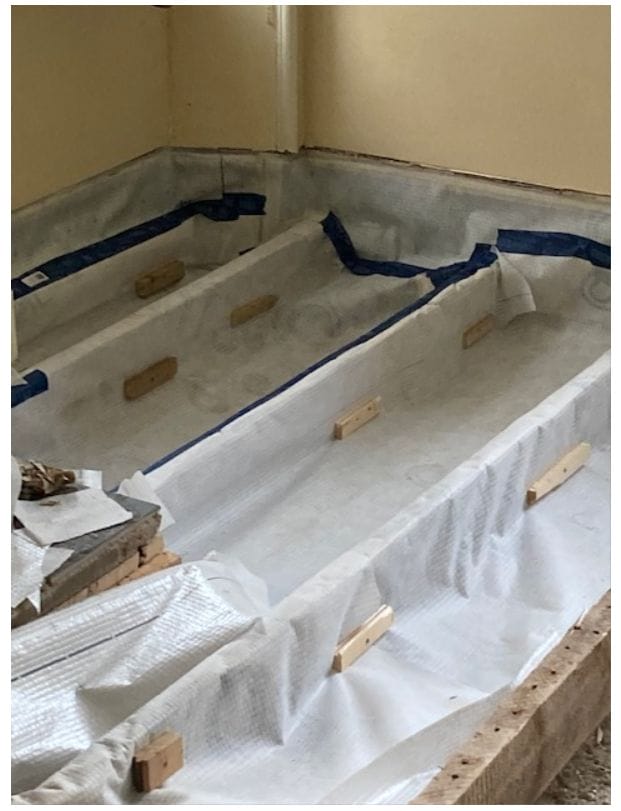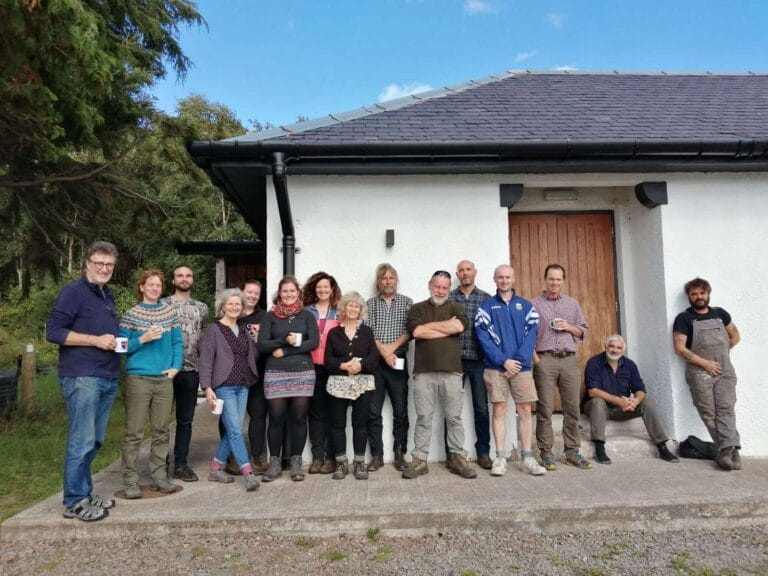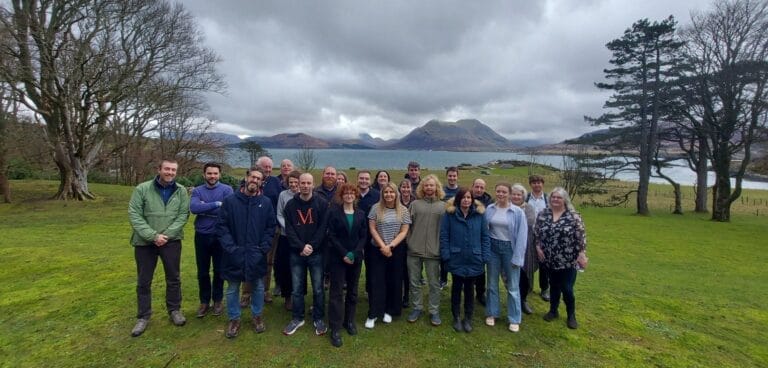Pilot Community Hub
The Rural Energy Hubs project aims to tackle non-technical barriers to decarbonisation in power, heat, and transport within rural areas. Funded by Innovate UK, the initiative involves collaboration among Community Energy Scotland, EMEC, Aquatera, and local councils. Key activities include developing sustainable community transport plans, implementing energy monitoring technologies, and retrofitting community buildings for energy efficiency. A pilot hub in Brae, Shetland, will serve as a model for future rural hubs, showcasing integrated services such as renewable energy generation and electric vehicle charging facilities. The project focuses on empowering communities to share knowledge and develop local low-carbon strategies, ultimately promoting decarbonisation across Orkney and Shetland.
The Rural Energy Hub project will be rolling out practical demonstration projects to show how the non-technical barriers to implementing carbon-cutting measures can be overcome; this will investigate the non-technical barriers to decarbonising power, heat and transport in rural locations.
At the beginning of 2024, Community Energy Scotland began working with the European Marine Energy Centre (EMEC), Aquatera, Orkney Islands Council and Shetland Islands Council in a new £5 million Innovate UK funded collaborative project. The Rural Energy Hubs project is one of seven projects selected from across the UK for Innovate UK’s £25 million Net Zero Living programme.
Community Energy Scotland’s role includes:

Monitoring the project’s Equality, Diversity and Inclusion.
Working with a network of community groups across Orkney and Shetland, focusing on shared learnings with community transport and active transport. The aim is for each organisation to produce an evidence based sustainable community transport plan fit for their individual community. But to also feed into a single replicability model to role out across other areas of the UK. Five communities will also be seeing the role out of new electric minibuses, chargers and/or charger management systems to be able to feed real-time learnings to the project.


To investigate up to date energy monitoring techniques and technologies. With the eventual aim to role out monitors in 5 community buildings to then gain a better understanding of how community buildings use energy, and what cost savings could be made by altering habits.
In Shetland, we are working with Aquatera, the Shetland Islands Council and the Brae Youth Centre Committee to retrofit the a Rural Energy Hub. This involves SIC leading on producing an infrastructure plan, and CES leading on the production of a governance plan. The building will see significant alteration to make it more energy efficient, less carbon intensive to heat, and to also house a number of new services in which the community can access to help decarbonise their own lives.

The project builds upon years of experience, joint working and delivering innovative low-carbon projects across Orkney and Shetland. The focus on non-technical barriers to decarbonisation should see significant progress in the two counties across many challenges being faced. CES’ contribution will focus how we can work together with community organisations to empower and learn from them in the fields of low carbon transport and energy efficiency. This includes CES focusing on work with ten community transport organisations to promote knowledge sharing on the barriers and successes. Representatives will engage with their respective communities to gather new data, share information and develop a low carbon mobility strategy bespoke to their local requirements. Five of the communities will also demonstrate how community-managed solutions can remove or mitigate these barriers.
It will establish a pilot Rural Energy Hub in Brae, Shetland as well as demonstrating a range of services that could be integrated into Hubs. The Hub itself could include elements such as shared working spaces, comfortable meeting areas, rapid charging facilities, renewable energy generation, a car club and e-bikes location. The project will also explore services that could make use of the Hubs or be co-located with them to support decarbonisation in the wider community, such as trialling use of electric buses and HGVs that would recharge at the Hub enabling them to undertake longer routes, and developing concept designs for a district heating scheme in Brae.
The pilot Hub will be used to engage consumers, identify regulatory and grid constraints and drive behaviour change. The Hub will demonstrate products, services, facilities and business models with a specific focus on energy and transport.
The project aims to use the pilot Hub to develop a model for establishing a wider network of rural energy Hubs across Orkney and Shetland, and to demonstrate how decarbonisation can be developed, embedded and accelerated by establishing locally-led coordinated action in Rural Energy Hub. Hubs would provide practical focal-points to drive decarbonisation for individuals, businesses and local authorities, maximising social, economic and environmental benefits.







